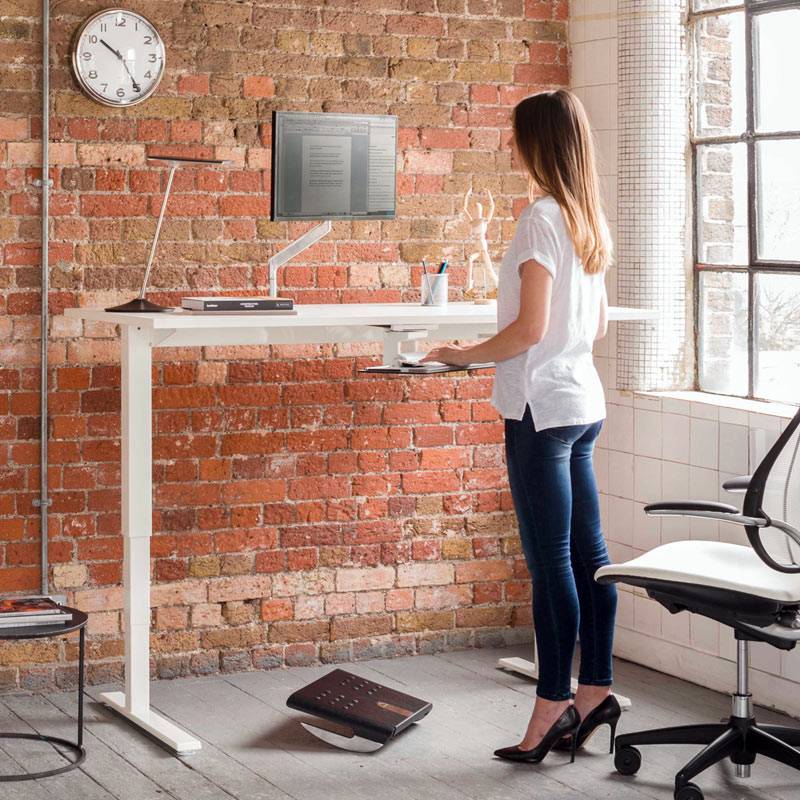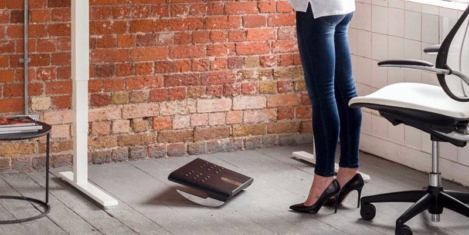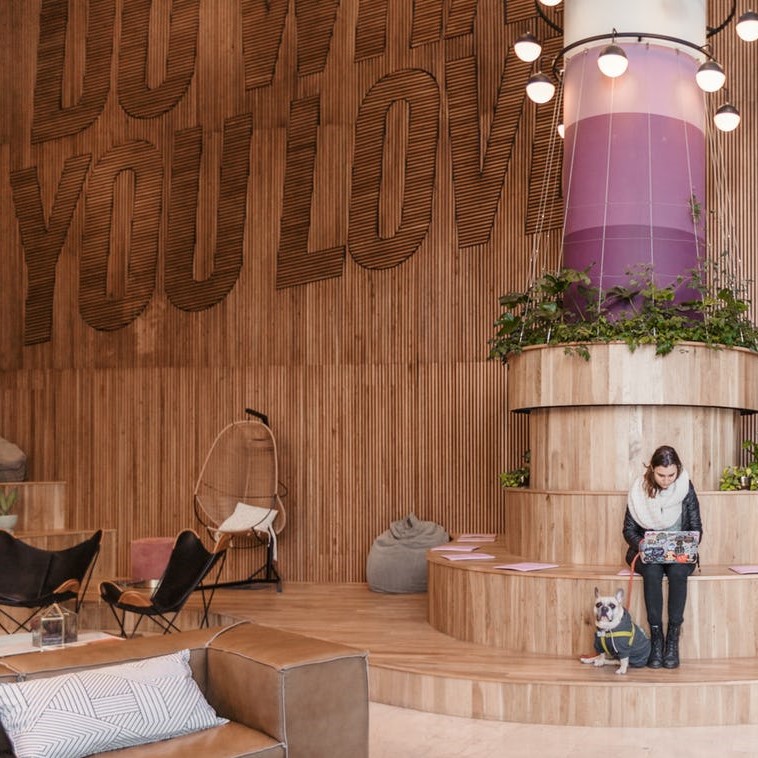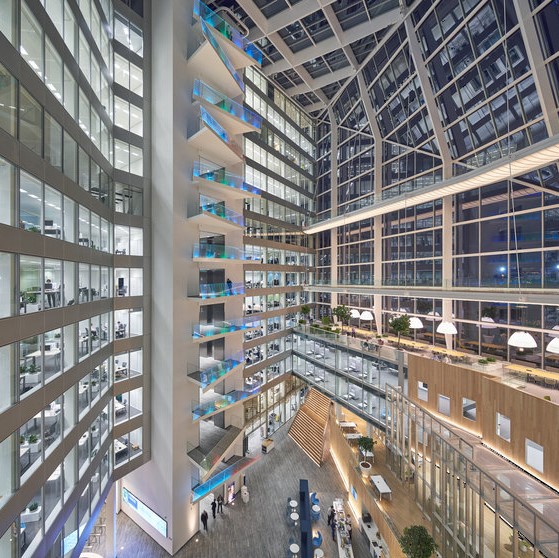To provide the best experiences, we use technologies like cookies to store and/or access device information. Consenting to these technologies will allow us to process data such as browsing behaviour or unique IDs on this site. Not consenting or withdrawing consent, may adversely affect certain features and functions.
The technical storage or access is strictly necessary for the legitimate purpose of enabling the use of a specific service explicitly requested by the subscriber or user, or for the sole purpose of carrying out the transmission of a communication over an electronic communications network.
The technical storage or access is necessary for the legitimate purpose of storing preferences that are not requested by the subscriber or user.
The technical storage or access that is used exclusively for statistical purposes.
The technical storage or access that is used exclusively for anonymous statistical purposes. Without a subpoena, voluntary compliance on the part of your Internet Service Provider, or additional records from a third party, information stored or retrieved for this purpose alone cannot usually be used to identify you.
The technical storage or access is required to create user profiles to send advertising, or to track the user on a website or across several websites for similar marketing purposes.
 The International Living Future Institute (ILFI) and Living Future Europe Initiative (LFEI) has announced the full details release of a new edition of the Declare product transparency label for the European building and manufacturer market. The Declare Europe launch is taking place in Bolzano during the 2019 Klimahouse conference, which is focused on the exchange of ideas, innovations and insights on the latest trends in the energy-efficiency and sustainable construction sector. (more…)
The International Living Future Institute (ILFI) and Living Future Europe Initiative (LFEI) has announced the full details release of a new edition of the Declare product transparency label for the European building and manufacturer market. The Declare Europe launch is taking place in Bolzano during the 2019 Klimahouse conference, which is focused on the exchange of ideas, innovations and insights on the latest trends in the energy-efficiency and sustainable construction sector. (more…)










 HSBC has agreed a deal to locate more than a thousand members of London staff in a WeWork coworking space in London.
HSBC has agreed a deal to locate more than a thousand members of London staff in a WeWork coworking space in London. 
























June 19, 2019
Coworking is now the key driver of change in property market
by Daniel Wright • Comment, Property, Workplace design